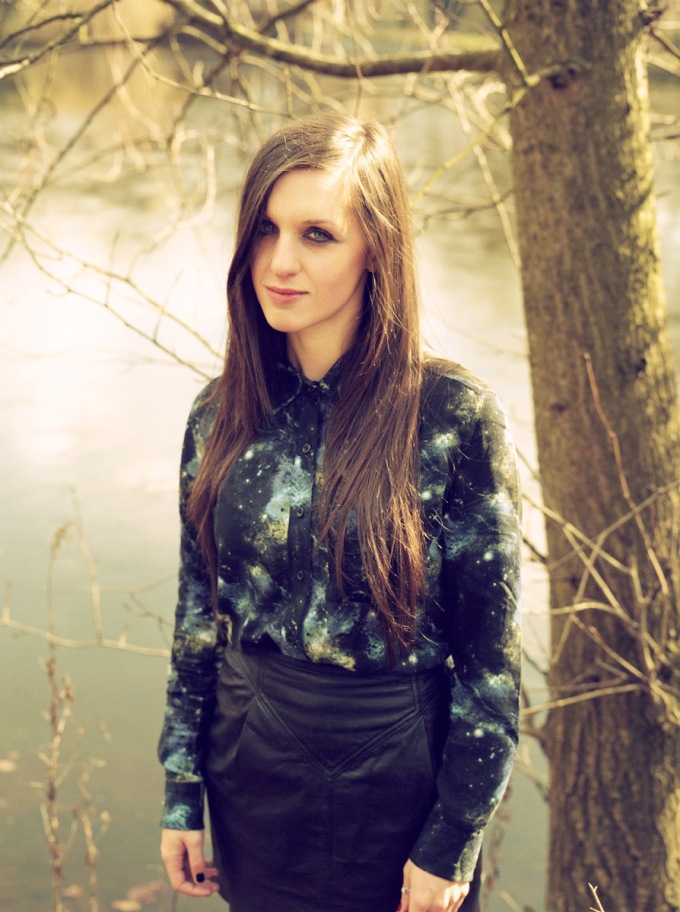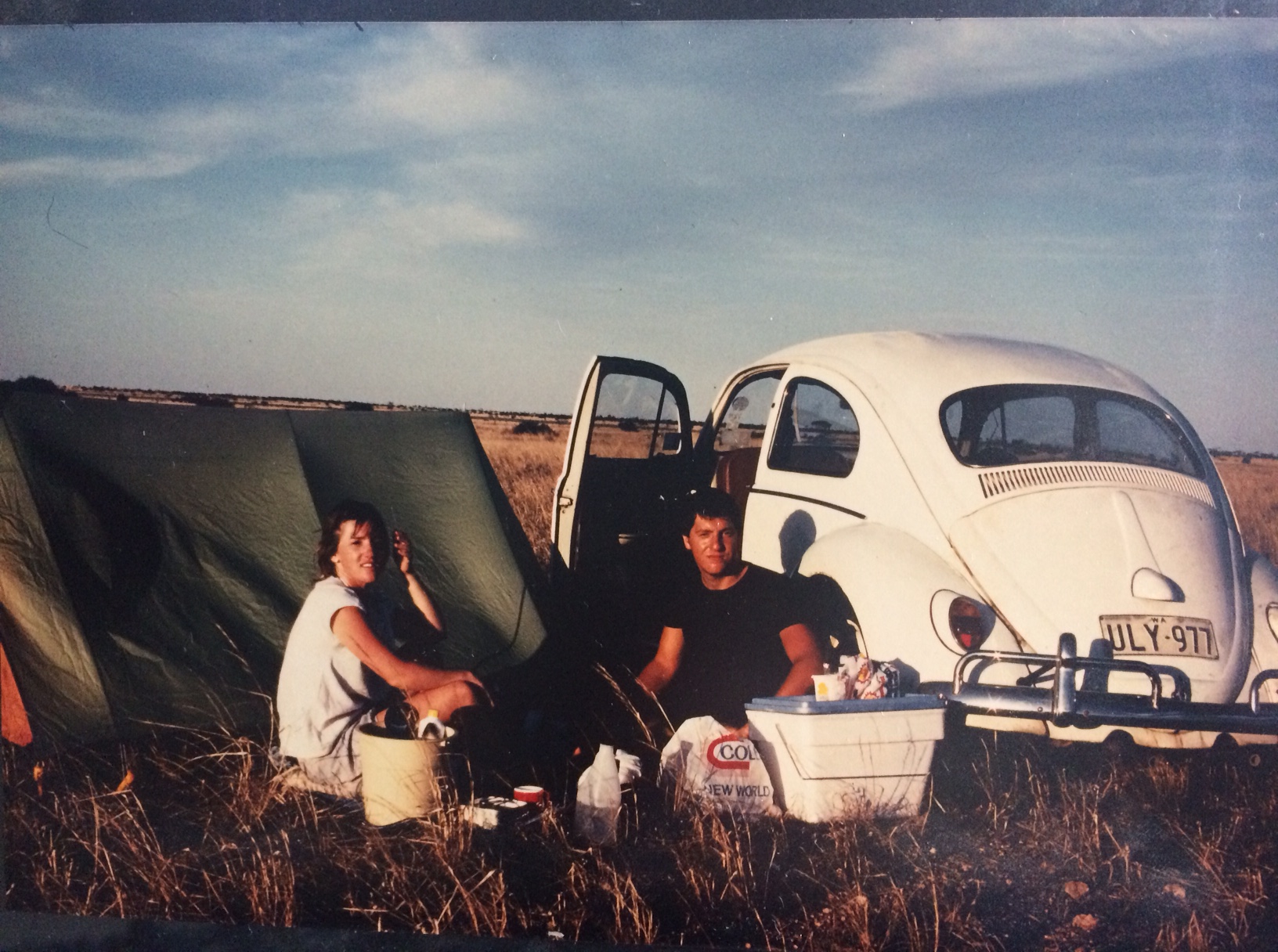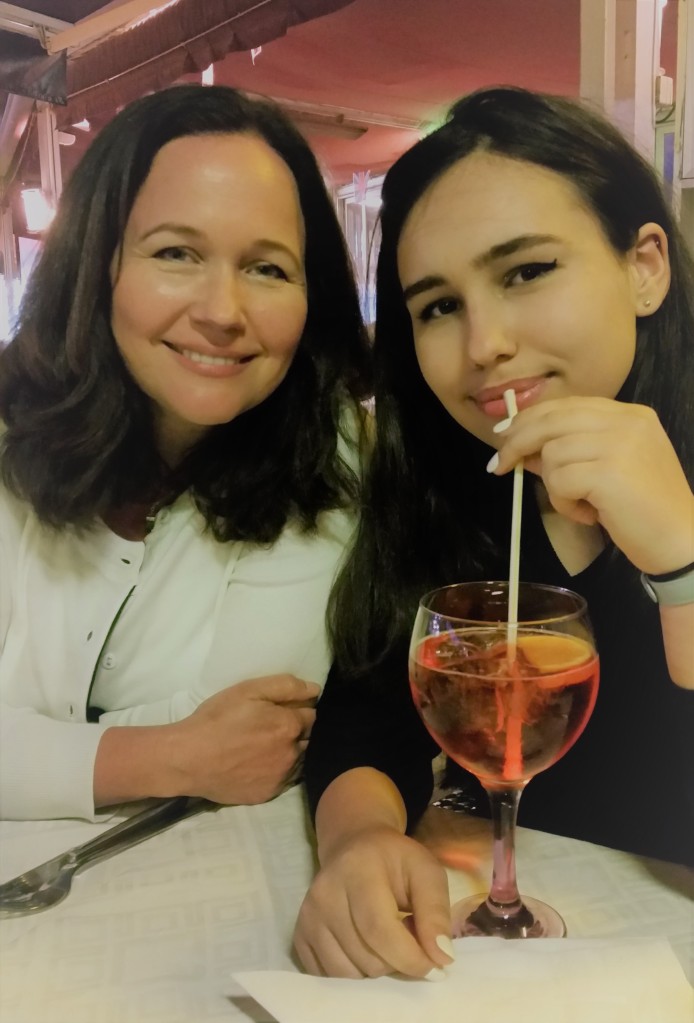
Tanya and Nadim Laperouse are parents of Natasha and Alex. In 2016 Natasha, aged 15, died following an allergic reaction to sesame seeds after eating a sandwich that wasn’t labelled with the full ingredients. The tragedy led Tanya and Nadim to campaign for ‘Natasha’s Law’ which was passed through Parliament last summer and to set up the Natasha Allergy Research Foundation, narf.org.uk. The foundation is raising funds to support important allergy research and allergy education, awareness and advocacy.
My beautiful daughter Natasha died from a severe allergic reaction on the 17thJuly 2016. It was the first weekend of the school summer holidays, she was 15 years old and had a wonderful summer planned starting with a very special treat. Natasha’s big dream was to go on holiday with her best friend Bethany and it was arranged that my husband would take the girls to Nice in France for four glorious days. I would stay at home with our son Alex who had a friend coming to stay. We had never split our holidays from each other; it was the first time we ever did this and it would be the last.
We woke up early and I drove my husband and two excited teenagers to Heathrow airport as they were catching the first flight out. At the drop-off, I gave them all a quick hug and wished them all a wonderful time and then drove home. Less than three hours later, I received a phone call from my husband. He was choking back tears and telling me that Natasha was extremely ill, so ill that he didn’t know if she would make it and that I had to get a flight out to Nice right away – not to delay – every second counted – I had to get there as soon as I possibly could.
The next hours are a blur of memories.
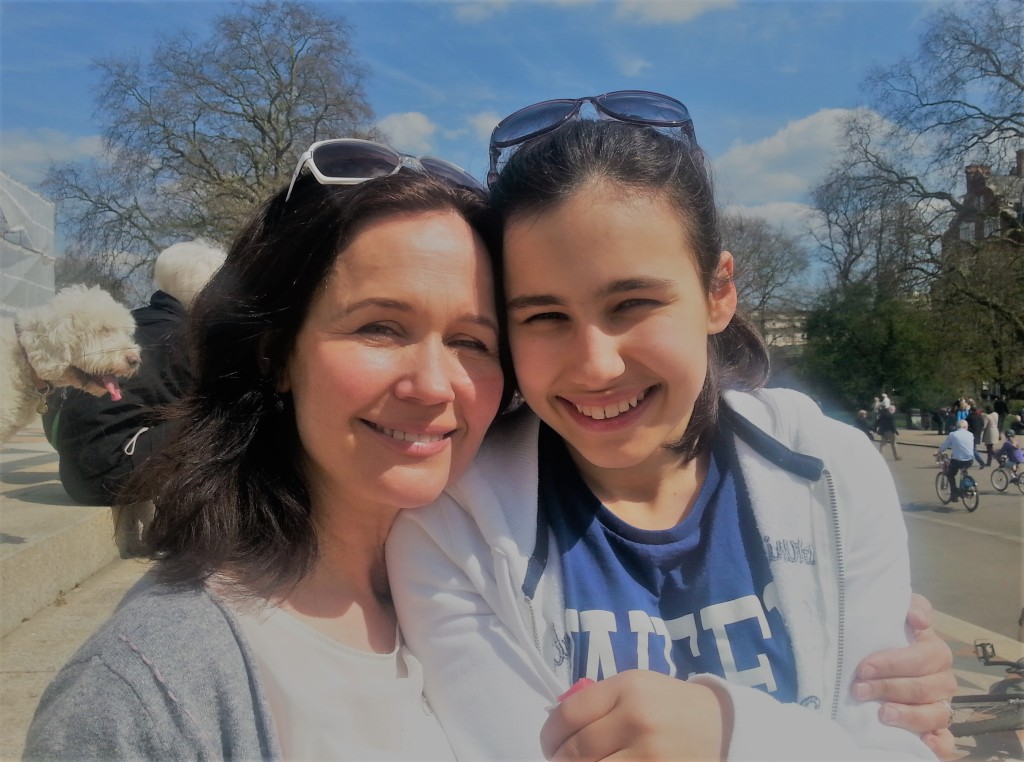
Crying, praying while I booked a flight to Nice, trying to keep calm so I wouldn’t frighten my son Alex, arranging for Alex to be taken by friends to stay with his grandmother, cancelling Alex’s friends who I had planned to take to a trampoline park that day, sitting on the sofa, crying, praying with every ounce of my soul for Natasha to be ok, to survive, begging God not to take her, getting a lift from my friend Rose to Stansted airport, crying, crying, crying, desperate, on alert for my husband to call again, asking will she live? Will she live? Praying please let her live! I want to be with my daughter…I was screaming inside my head – she needs ME! I should be with her.
My plane was scheduled to take off at 6pm that evening but it was delayed by 6 hours. At 7pm whilst I was waiting in the airport gate, my husband phoned me and told me that Natasha was minutes away from dying. He put his mobile phone next to her ear and instructed me to say goodbye… to be quick as he also wanted to call Alex and her grandparents to give them an opportunity to say goodbye too. I said goodbye and collapsed.

Natasha died from a severe allergic reaction to sesame seeds in a baguette bought from Pret a Manger at Heathrow airport. The seeds could not be seen with the naked eye as they had been baked into the dough of the bread. Prior to buying it, she, her father and Bethany had all checked the ingredients label, were happy that it didn’t list anything she was allergic to and Natasha ate it quickly before boarding the plane. However, once on board, she started to feel unwell. Half an hour later, her condition started to deteriorate at huge speed. She began to panic and her father quickly injected her with an (adrenalin injector pen) EpiPen but it didn’t make any difference. He administered the second injector pen but again there was no improvement to her worsening condition. We had always believed that the injector pens were ‘magic wands’ that would save your life if you are having a severe allergic reaction (anaphylaxis) but within minutes of struggling to breathe and begging her father to help her, Natasha passed out and went into cardiac arrest.
For the next hour and a half her father, air stewards and a junior doctor tried everything to save her life. By the time the flight touched down in France, Natasha had gone into multiple cardiac arrests. After the plane landed in Nice, five paramedics boarded the plane and rigged her up to a defibrillator. Her heartbeat came back but it quickly faded and after what seemed like a lifetime, they finally stopped CPR. It was over, all hope was gone.
I am a mother whose child has died. That is my new identity, my new self. I am also the mother of a son who is very much alive, who still needs me. It is what kept me from going insane with grief.
When I lost Natasha, my world collapsed in on itself. I was plunged into a reality where I had zero choices. I had been thrown onto a new life path; one where I was somehow still living and breathing air, alive even though my precious child was not.
Natasha, we called her Tashi, was a wonderful daughter, truly. She was a healthy mix of girlie and tomboy, she was kind and generous, she was fun and loved to joke around, she was as wise as she was good. I can brag with pride that she never had a tantrum; she could sing all the words to a number of lullabies from the age of 18 months and that she had been talented in oh so many ways. She would confide in me her deepest worries and we would look for solutions together. It was my joy to help her – to take away her pain. Plasters on bruised and cut knees when she was little and good advice and wisdom to sooth away her problems as she got older. But what I really desired to give her was a cure for her food allergies and this I was never able to achieve.

Following her death, we waited two years for her inquest. It took place in September 2018 and lasted for one week. The Coroner raised many questions and finally concluded that a ‘loophole in the law’ had been used to avoid full ingredient labelling on the baguette that Natasha had eaten. He was concerned as to why the BA aeroplane had not made an emergency landing and had questioned the efficacy and the needle lengths of the adrenalin pens that Natasha had been injected with. He also demanded an explanation as to why the defibrillator, that had been present on the plane, had not been offered to the junior doctor as Natasha had gone into multiple cardiac arrests?
On that last day of the inquest, my husband read out a statement to the multitudes of press who had arrived and stationed themselves outside the coroner’s court and over the next weeks and months, Natasha’s young face smiled from newspapers and news channels across the country and her story travelled the world over. It was two years and two months since her death.
Soon after, Pret a Manger promised to introduce full ingredient labelling on all of their pre-packed foods within one year of the inquest and testament to them, they have kept their promise. The government took an interest as we campaigned for the loophole in the labelling law to be closed and ‘Natasha’s Law’ requiring full ingredient labelling for all pre-packed foods was passed through parliament last September and the law will come into full force in October 2021.
My husband and I have been plunged into a unique situation where we have been able to speak and campaign on behalf of the millions of allergy sufferers in the UK. Up until Natasha’s death no one it seemed, had taken any real interest in allergy deaths, the seriousness of living with allergies, their everyday dangers and their effect on the mental health of both the sufferers and their families.

We launched the The Natasha Allergy Research Foundation (www.narf.org.uk) in June 2019 with a clear mission; to secure and fund essential and innovative allergy research which has to date been woefully underfunded. To look for and find a cure to end allergic disease is the foundation’s primary focus. We are also promoting the need for greater safety and public awareness of allergies and we are doing this through law, advocacy, education and awareness.
On the day of the charity’s launch, The Food Standards Agency (FSA) revealed that following a public consultation, Natasha’s Law would require full ingredient labelling (as opposed to partial) for all foods prepared, packaged and sold on the same premises. 73% of the consultation response had been from the public and they had voted unanimously for full ingredient labelling. There is good reason for this as we are seeing more and more people becoming dangerously allergic to a whole host of foods that aren’t in the 14 named allergens list. Allergy scientists have likened the sharp increase in the diagnosis of severe food allergies right across the world as a potential ‘tsunami’ coming our way. It’s not just affecting our children, but there has also been a new surge of adults who are becoming seriously allergic to foods they have eaten safely all their lives.
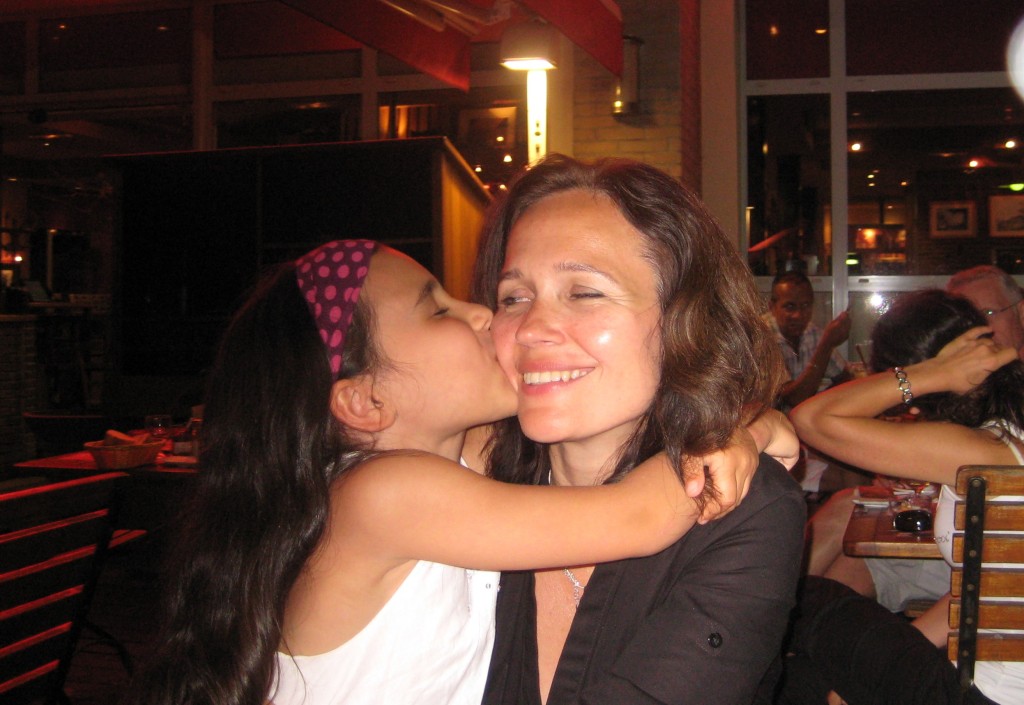
I often reflect on my little girl – the child she was and the young woman she was becoming. I have faith that I will see her again one day but until then, I am working for her memory and for all those who suffer from allergies as she did. Natasha’s untimely death has instigated change for the better and I want to make sure it continues to do so. From my very worst moments of darkness and desolation, I have hope; hope for all those who suffer from allergies as she did; hope for Natasha’s Foundation to make a difference to so many lives; hope for a cure.


For more information on the Natasha Allergy Research Foundation, visit: www.narf.org.uk
Twitter: @natashaslegacy
Instagram: @natashasfoundation
Facebook: @natashasfoundation
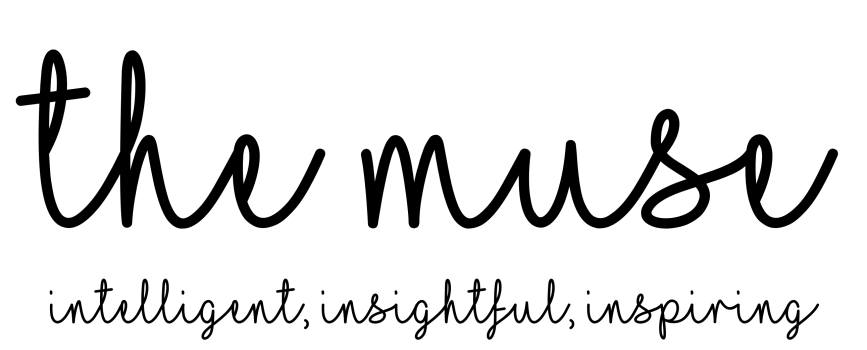
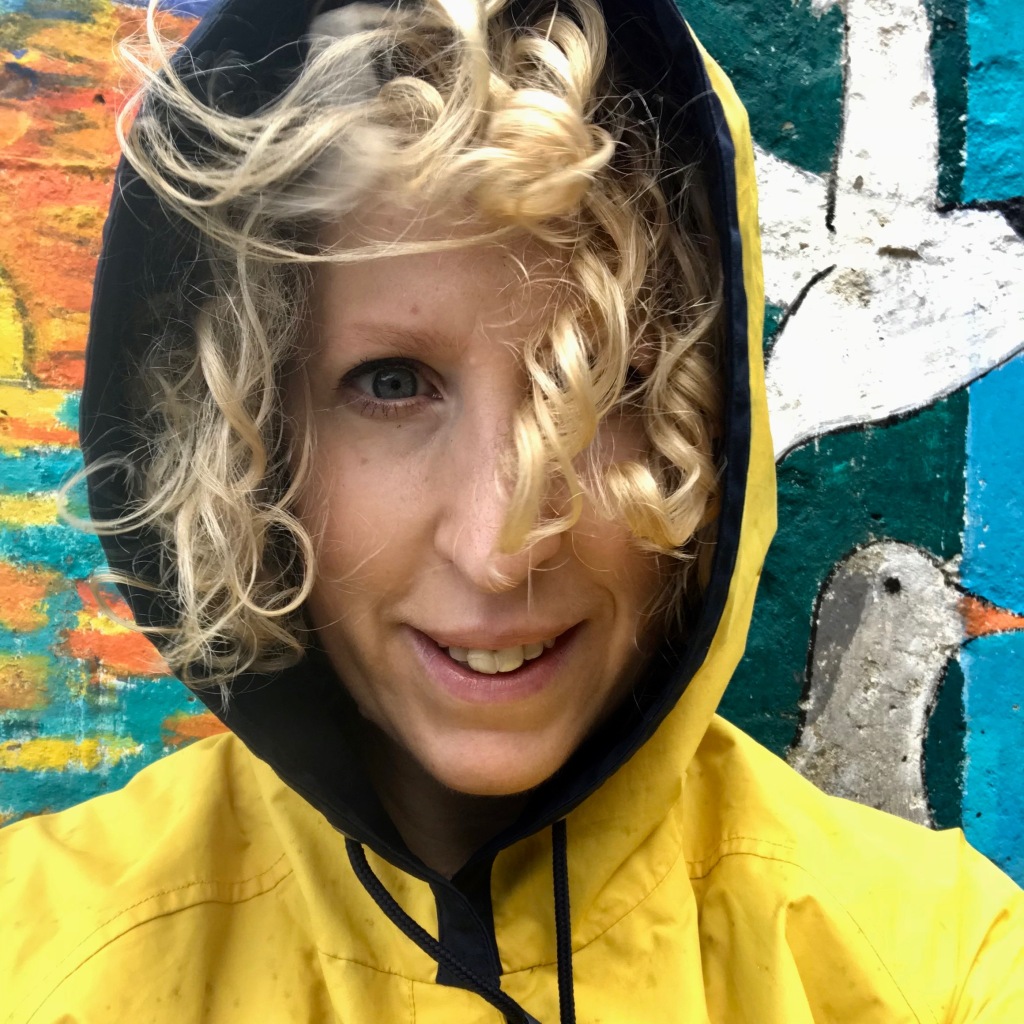
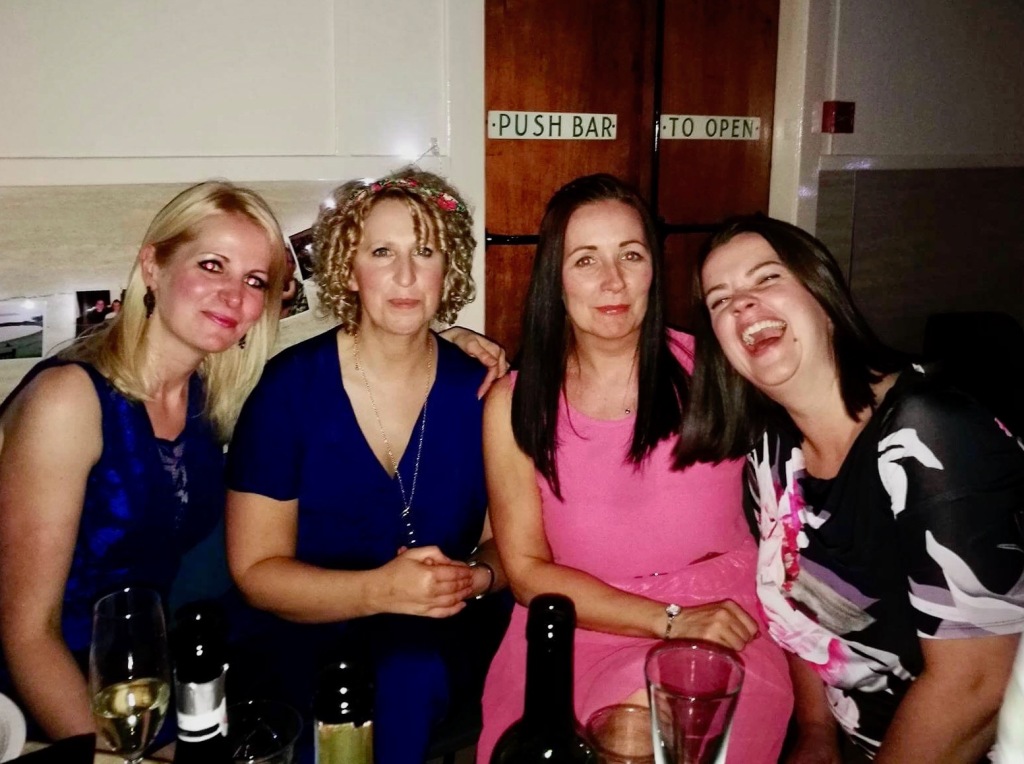
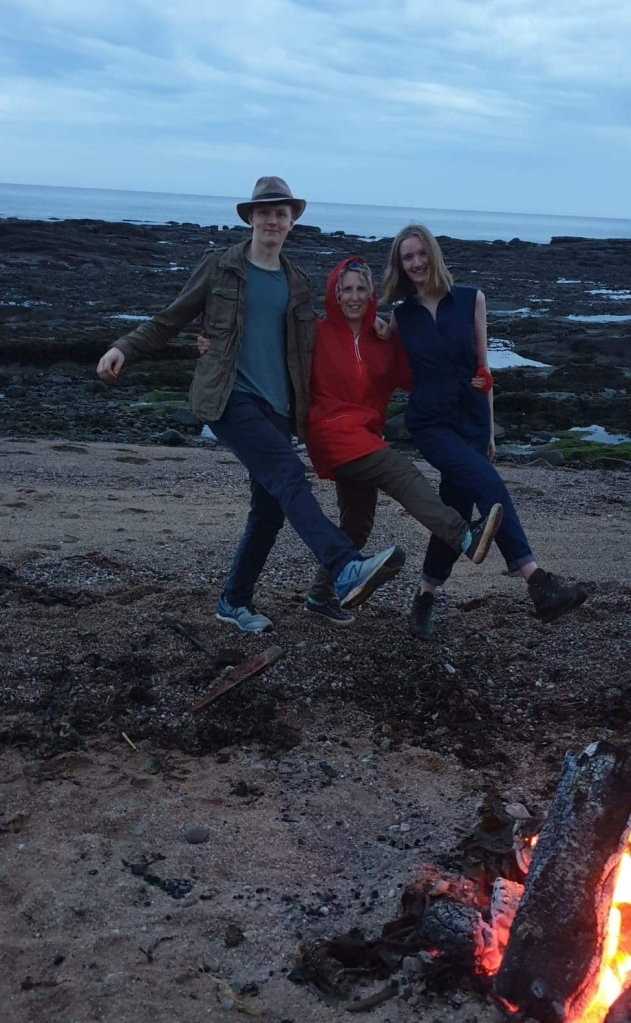


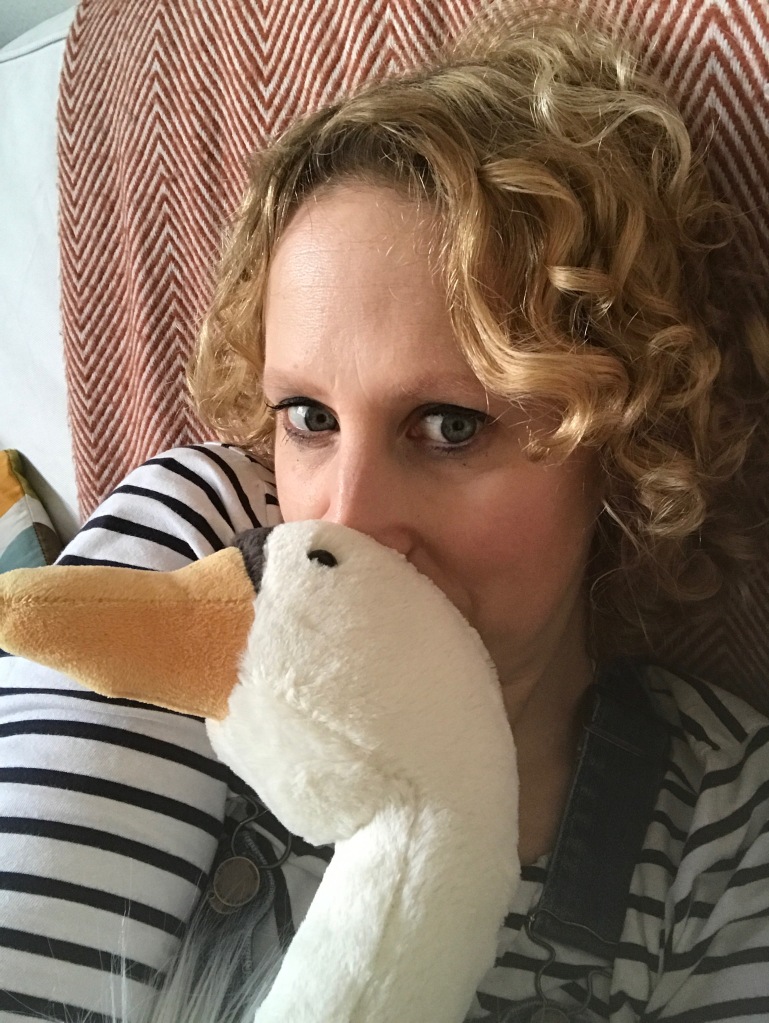
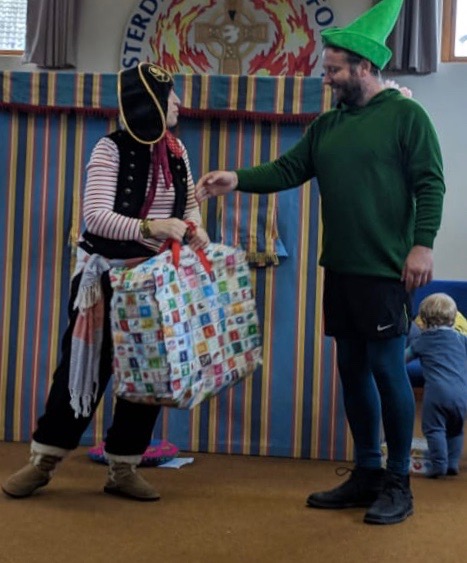

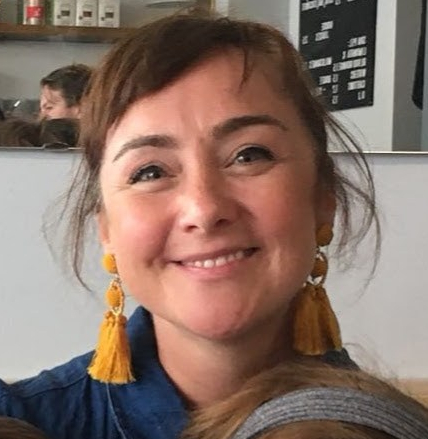
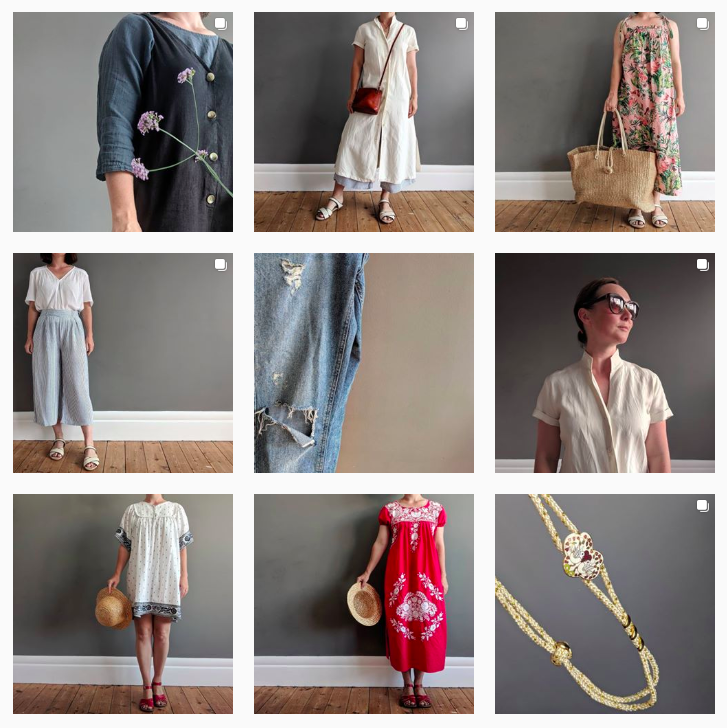


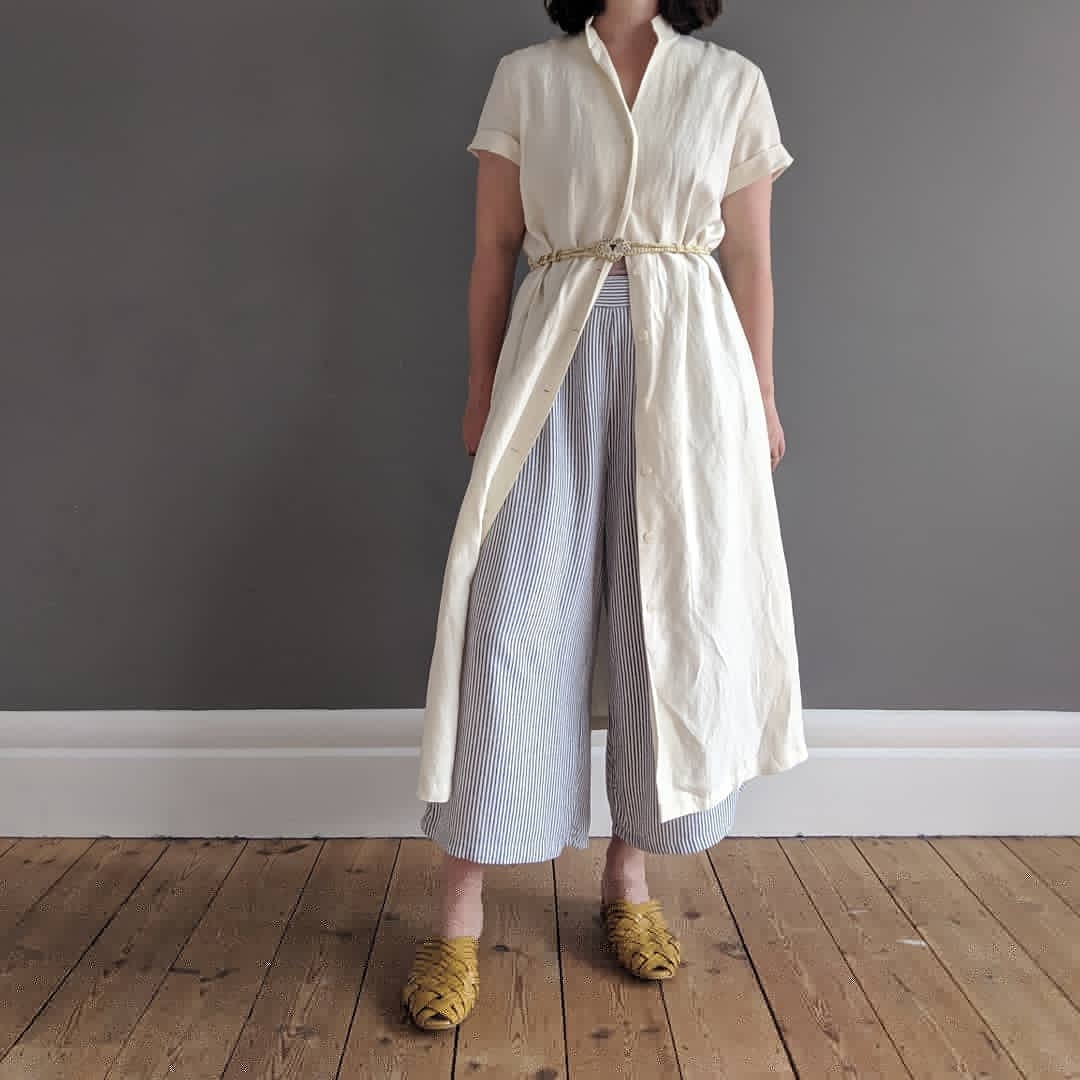
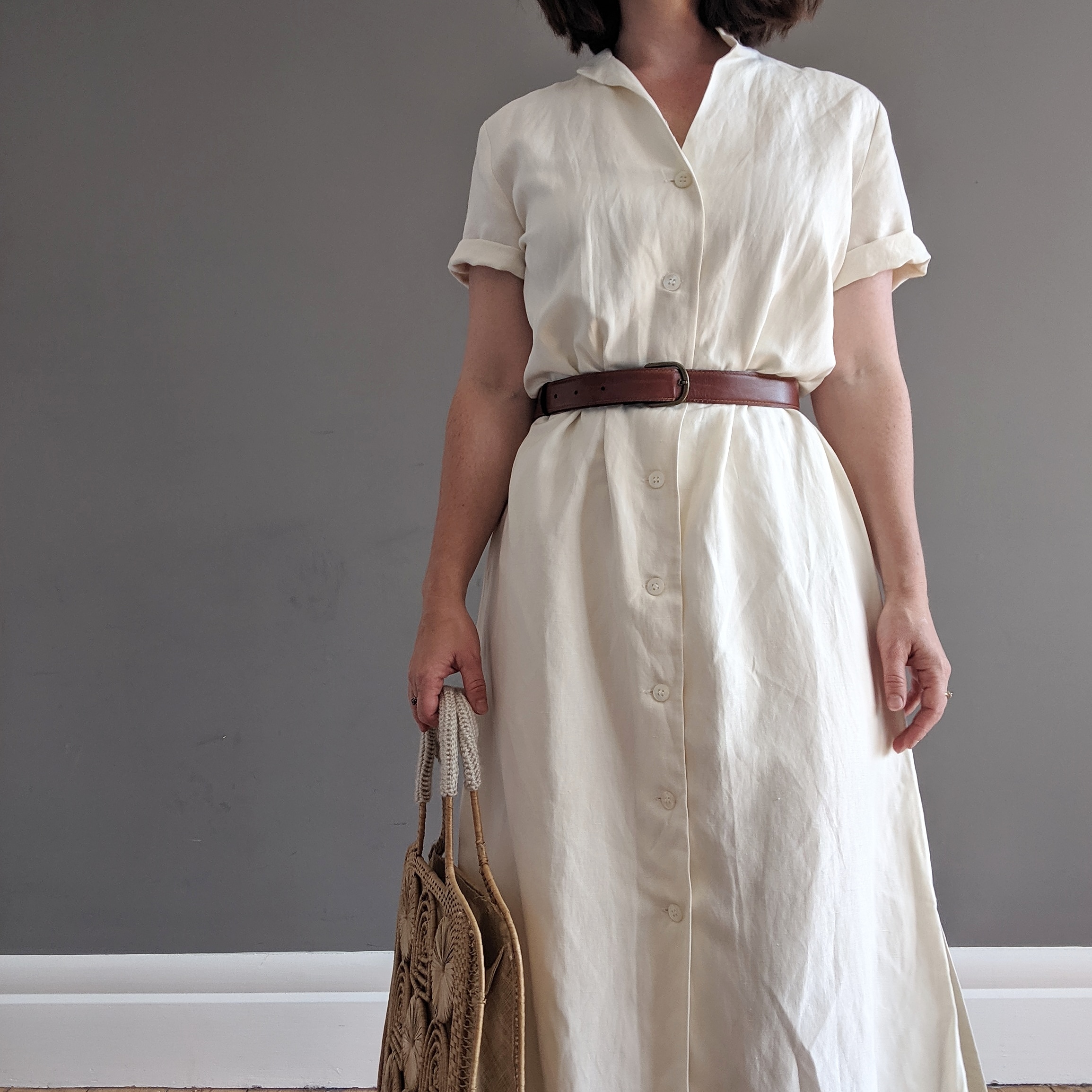
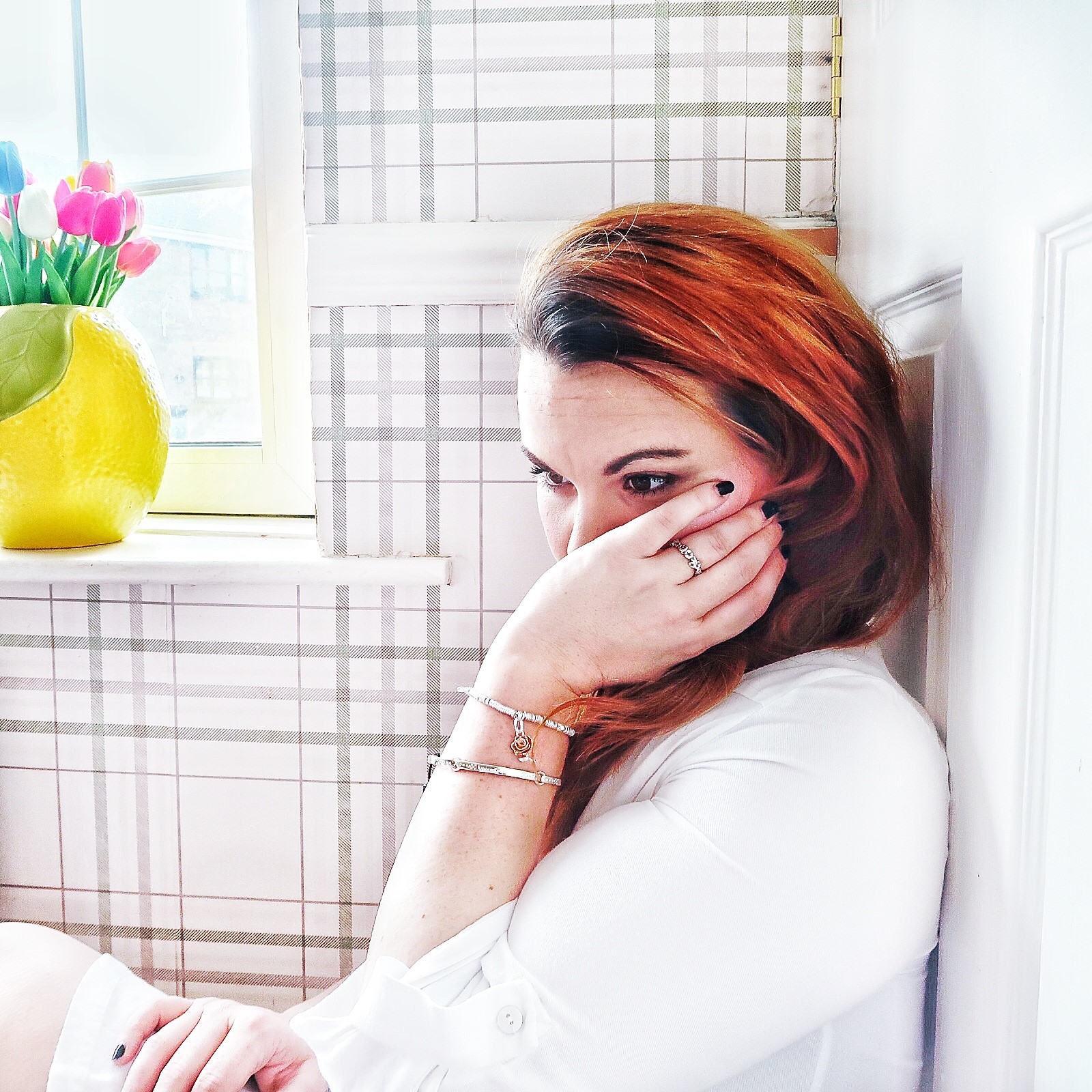 Harriet Shearsmith is the creator behind
Harriet Shearsmith is the creator behind 
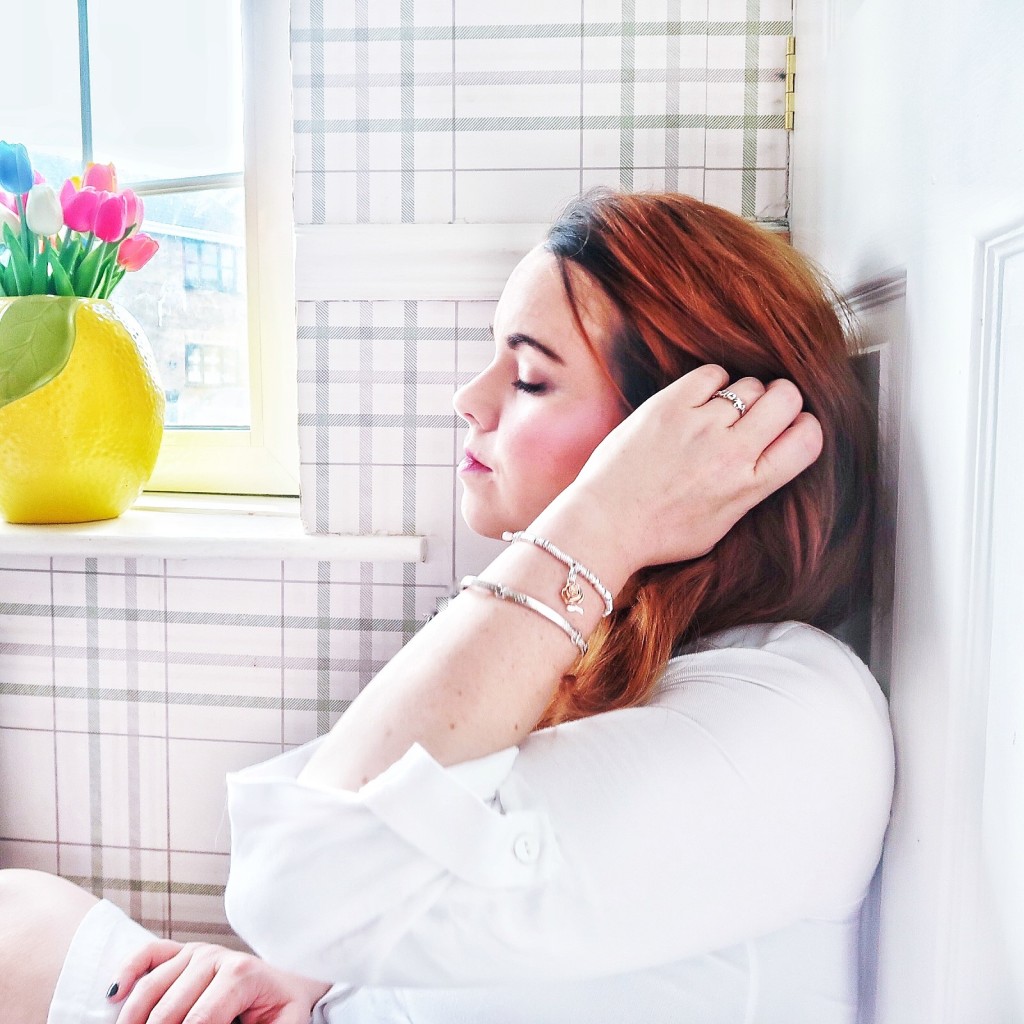

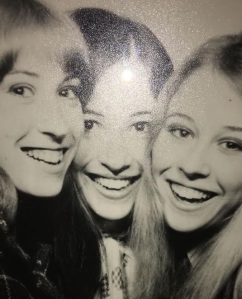

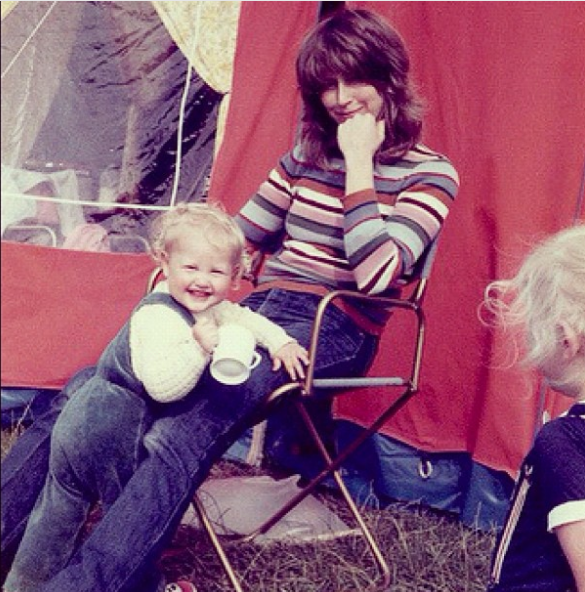
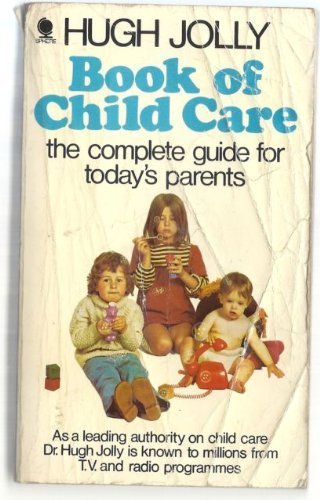 There were a few child care books to which people referred. Probably the most well known was ‘The Book of Child Care’ by Hugh Jolly. (So very dated now!) There were clinics that babies were taken to where there were health visitors, but I didn’t find them very helpful. Unlike you, I was not bombarded with a confusing array of ‘methods’ on how to raise your baby and decided very quickly that no one knew my baby like I did and rightly or wrongly, followed my instincts. I didn’t have use of a car at home in the day time, so just got together with friends in a similar situation, or visited my parents who lived nearby in the early years. There were no baby classes to attend.
There were a few child care books to which people referred. Probably the most well known was ‘The Book of Child Care’ by Hugh Jolly. (So very dated now!) There were clinics that babies were taken to where there were health visitors, but I didn’t find them very helpful. Unlike you, I was not bombarded with a confusing array of ‘methods’ on how to raise your baby and decided very quickly that no one knew my baby like I did and rightly or wrongly, followed my instincts. I didn’t have use of a car at home in the day time, so just got together with friends in a similar situation, or visited my parents who lived nearby in the early years. There were no baby classes to attend.

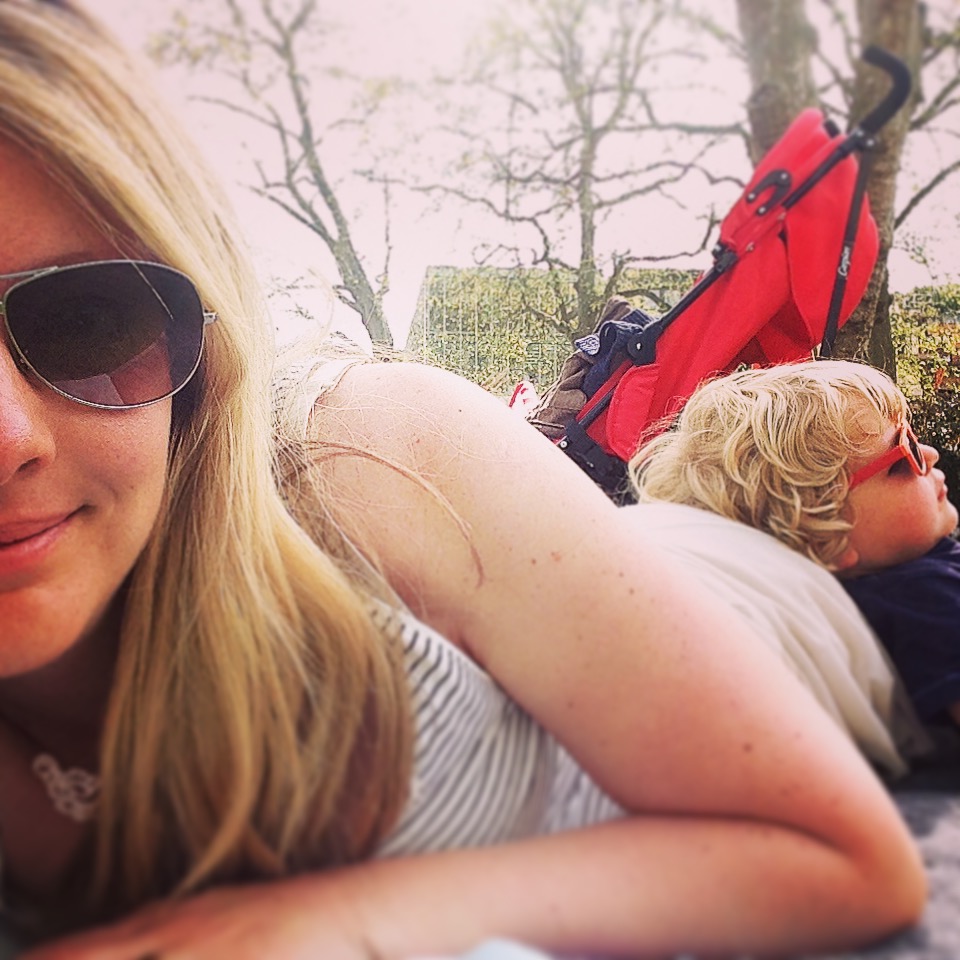 Sarah Topping is a freelance creative copywriter at Playing with Words. She lives in London with her husband, son and more books than they currently have room for.
Sarah Topping is a freelance creative copywriter at Playing with Words. She lives in London with her husband, son and more books than they currently have room for.

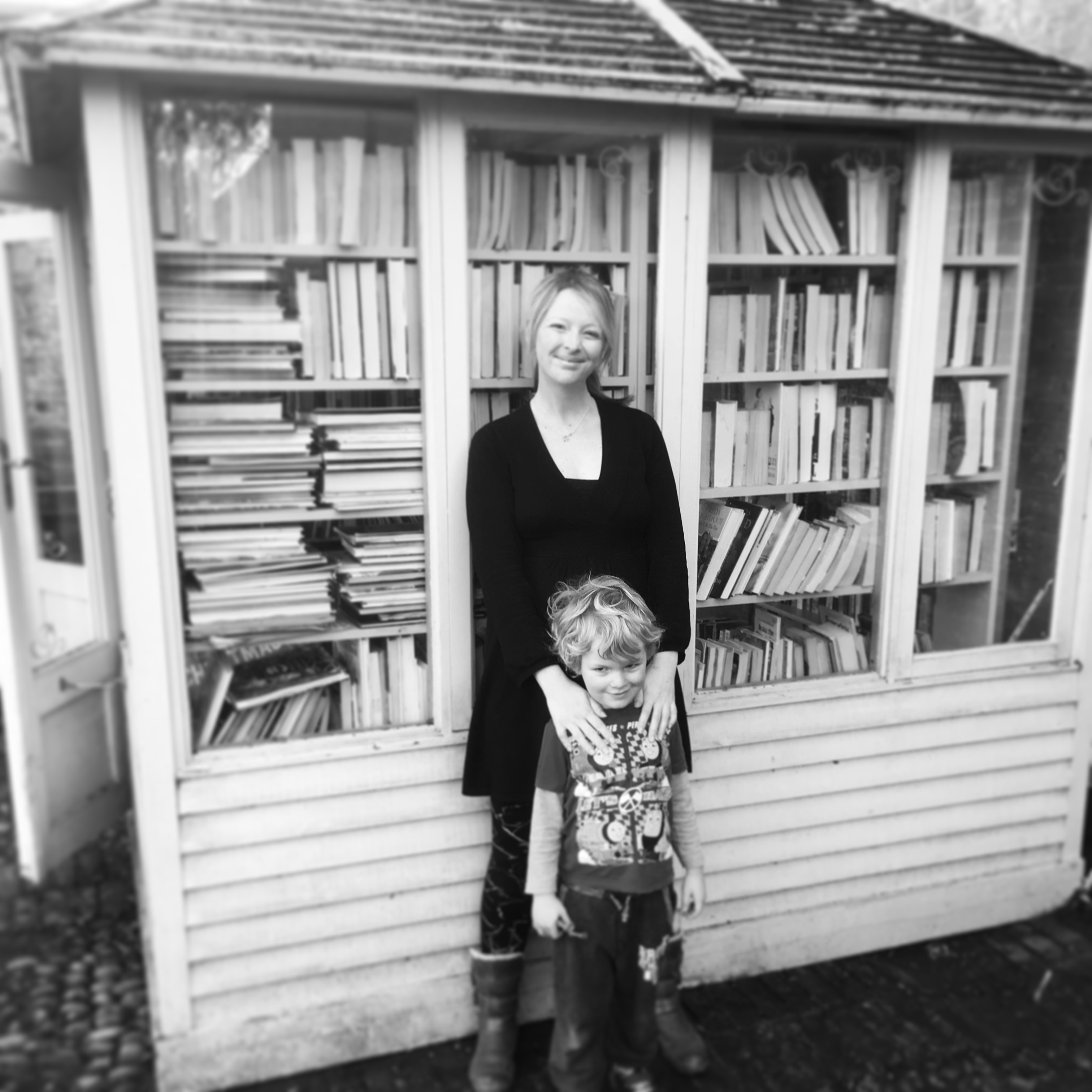

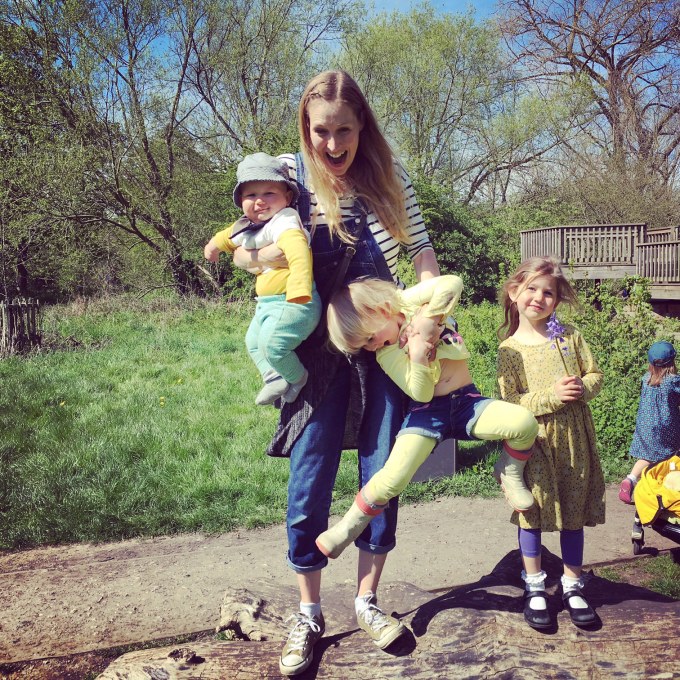
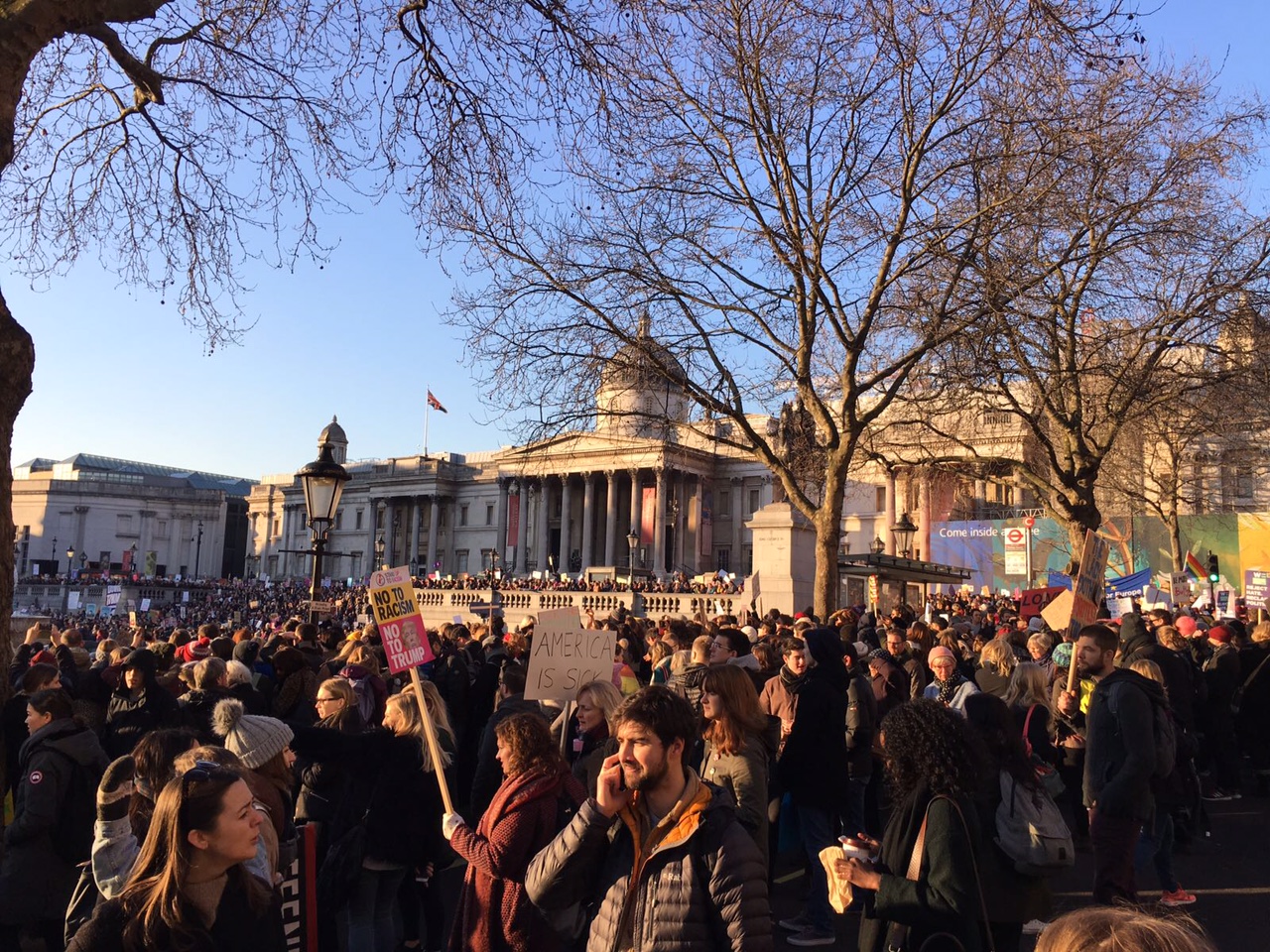
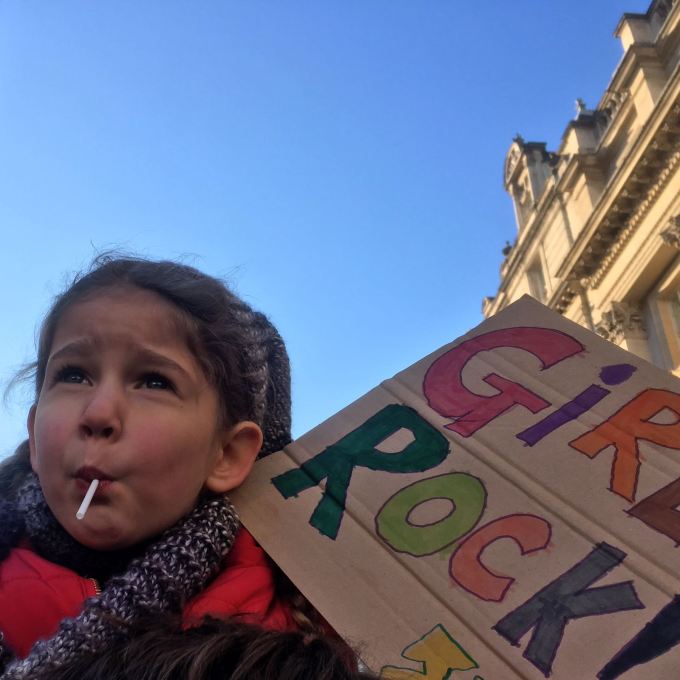
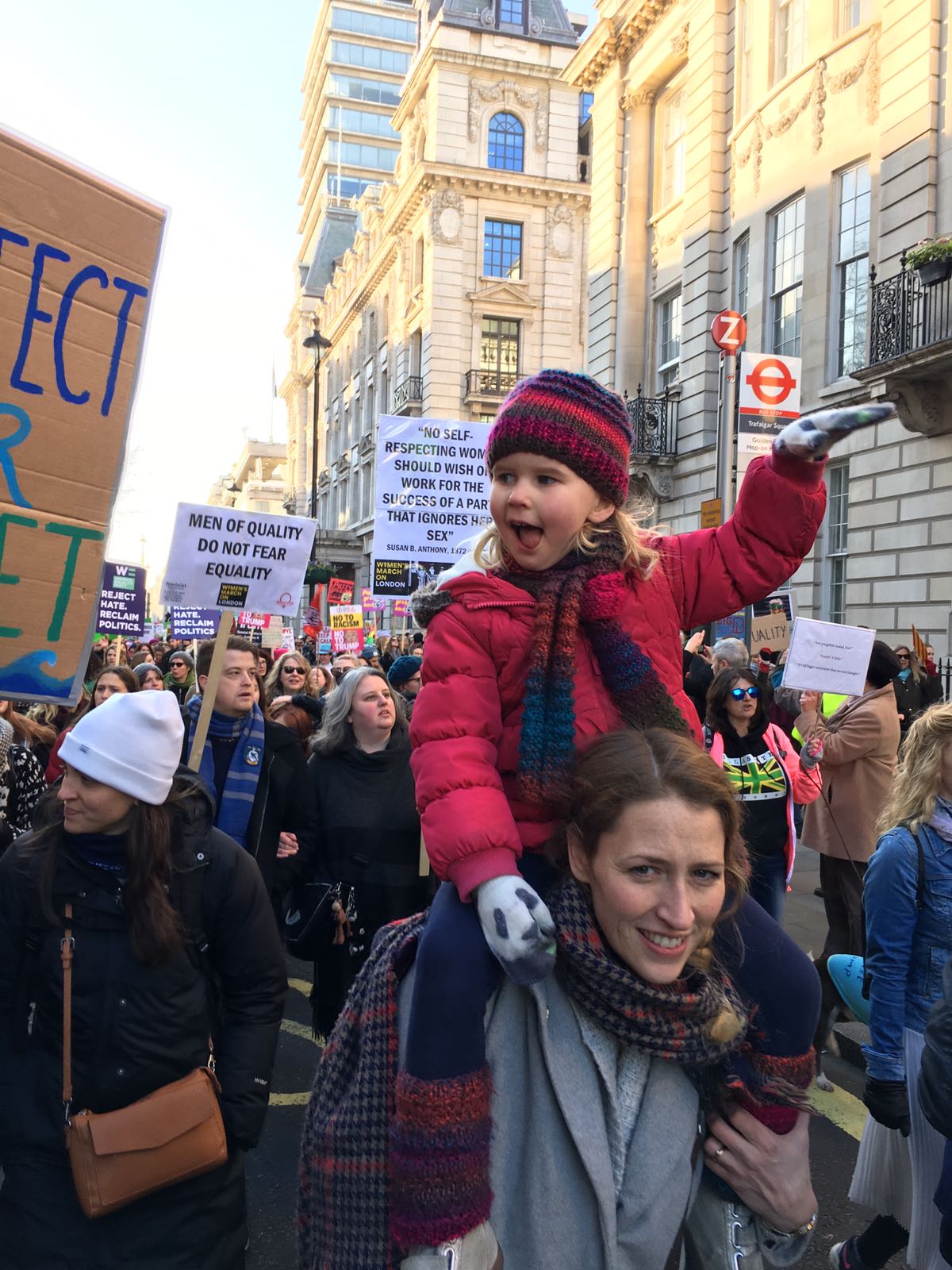


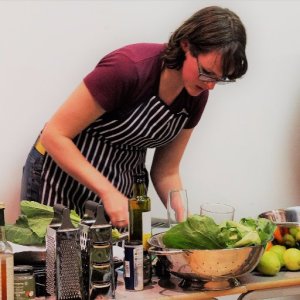
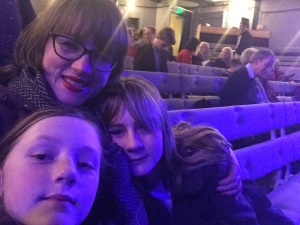
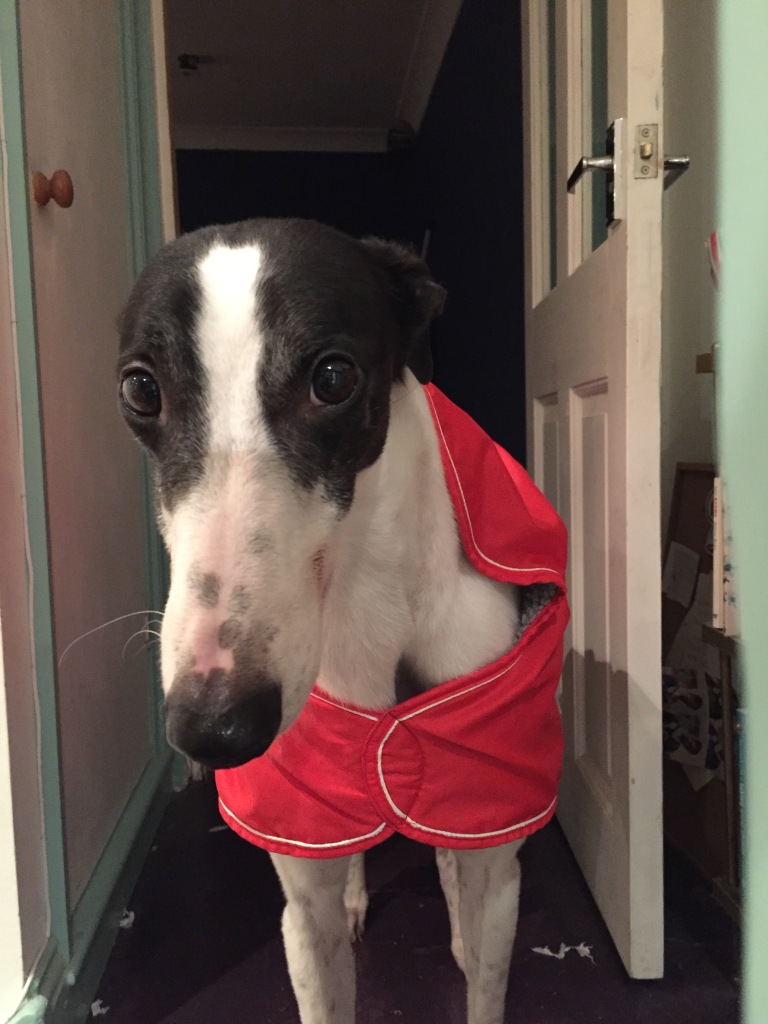 One year later, 25 miles and a world away from that fucking building, and then away from academia and my colleagues, my friends. My desk was now the kitchen table and my only colleague a retired greyhound called Robbie. I had the job I’d longed for, events and PR for a company that I’d admired for years. Working in food, being around the kids more, no commuting! No more office politics and sad stories! Now in a house! No drunk and incoherent neighbours! No crime scene tape!
One year later, 25 miles and a world away from that fucking building, and then away from academia and my colleagues, my friends. My desk was now the kitchen table and my only colleague a retired greyhound called Robbie. I had the job I’d longed for, events and PR for a company that I’d admired for years. Working in food, being around the kids more, no commuting! No more office politics and sad stories! Now in a house! No drunk and incoherent neighbours! No crime scene tape!
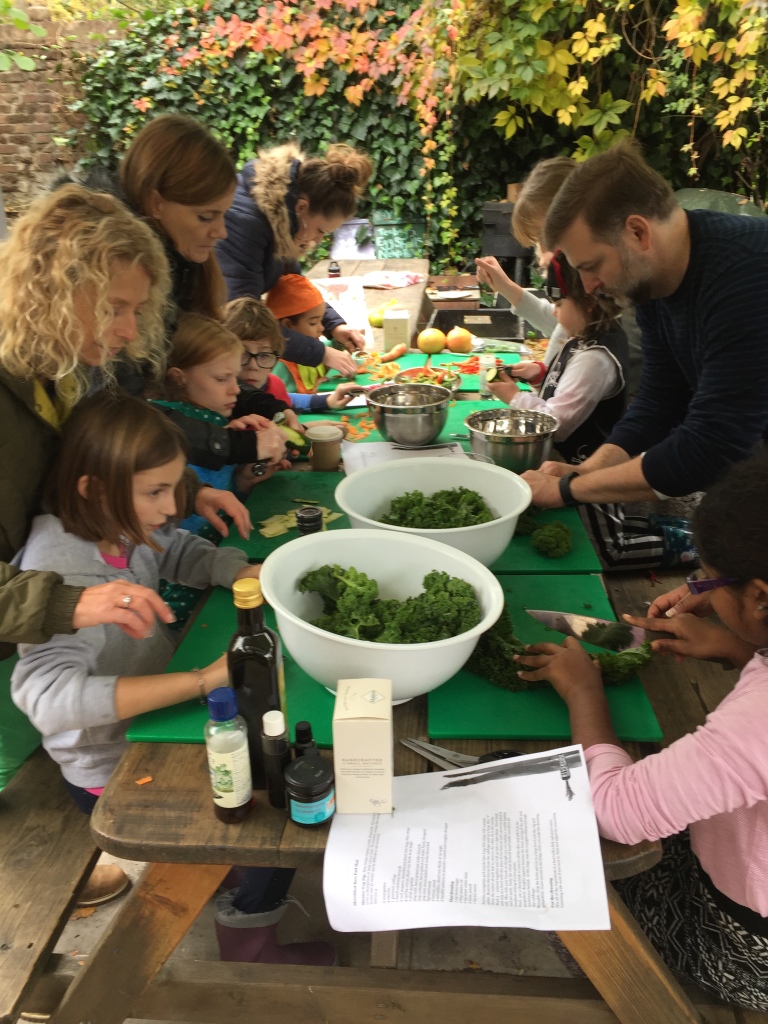
 Lora is a wife and mummy of four sons. In 2012 her family were devastated when her third son, Finn was born sleeping.
Lora is a wife and mummy of four sons. In 2012 her family were devastated when her third son, Finn was born sleeping. 


